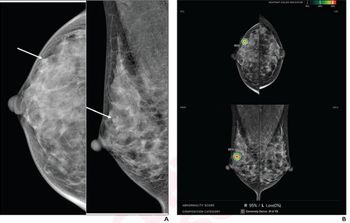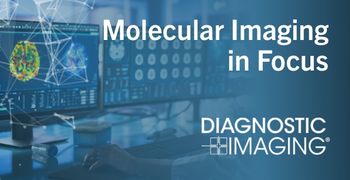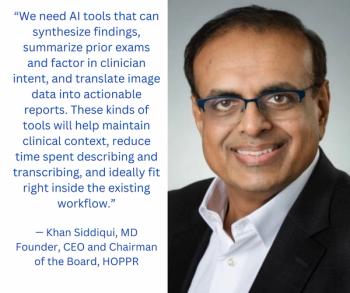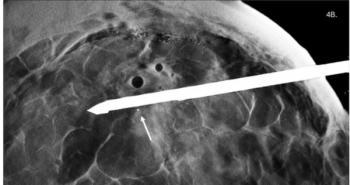
GE Healthcare Launches Premium Ultrasound Device with Voluson Expert 22
The next-generation ultrasound system reportedly offers enhanced images through graphic-based beamforming technology, a variety of artificial intelligence (AI)-powered tools and reduced exam times.
Expanding upon its women’s health portfolio, GE Healthcare has launched the Voluson Expert 22 ultrasound system.
Providing enhanced imaging capabilities through the device’s Lyric Architecture, the
“The Voluson Expert 22 is a masterpiece of engineering with exceptional 2D images from thin to difficult scanning patients. This machine also has the outstanding ergonomics and is the most customizable system ever produced, It is one of the best ultrasound machines I have ever used,” noted Rabih Chaoui, M.D., the managing director at the Center for Prenatal Diagnosis and Human Genetics in Berlin, Germany.
In addition to a user interface that allows personalized preferences and automated probe presets, the Voluson Expert 22 offers a variety of artificial intelligence (AI)-enabled tools. GE Healthcare noted that SonoLyst provides annotations and measurements that improve the efficiency of viewing fetal anatomy by up to 65 percent. Facilitating consistent measurements and enhanced alignment of 3D views of the fetal brain, the SonoCNS feature reportedly reduces exam time by 81 percent, according to the company.
“By using AI, we are pushing limits and enhancing diagnostic capabilities. At the same time, the functionality makes exams easier. The AI built into this machine is so far advanced compared to what we’ve seen before, and it’s only a hint. It’s our responsibility to push it even further by using it, challenging it, and showing it makes a difference,” said Lawrence Platt, M.D., an obstetrician-gynecologist at the Center for Fetal Medicine in Los Angeles.
Newsletter
Stay at the forefront of radiology with the Diagnostic Imaging newsletter, delivering the latest news, clinical insights, and imaging advancements for today’s radiologists.














